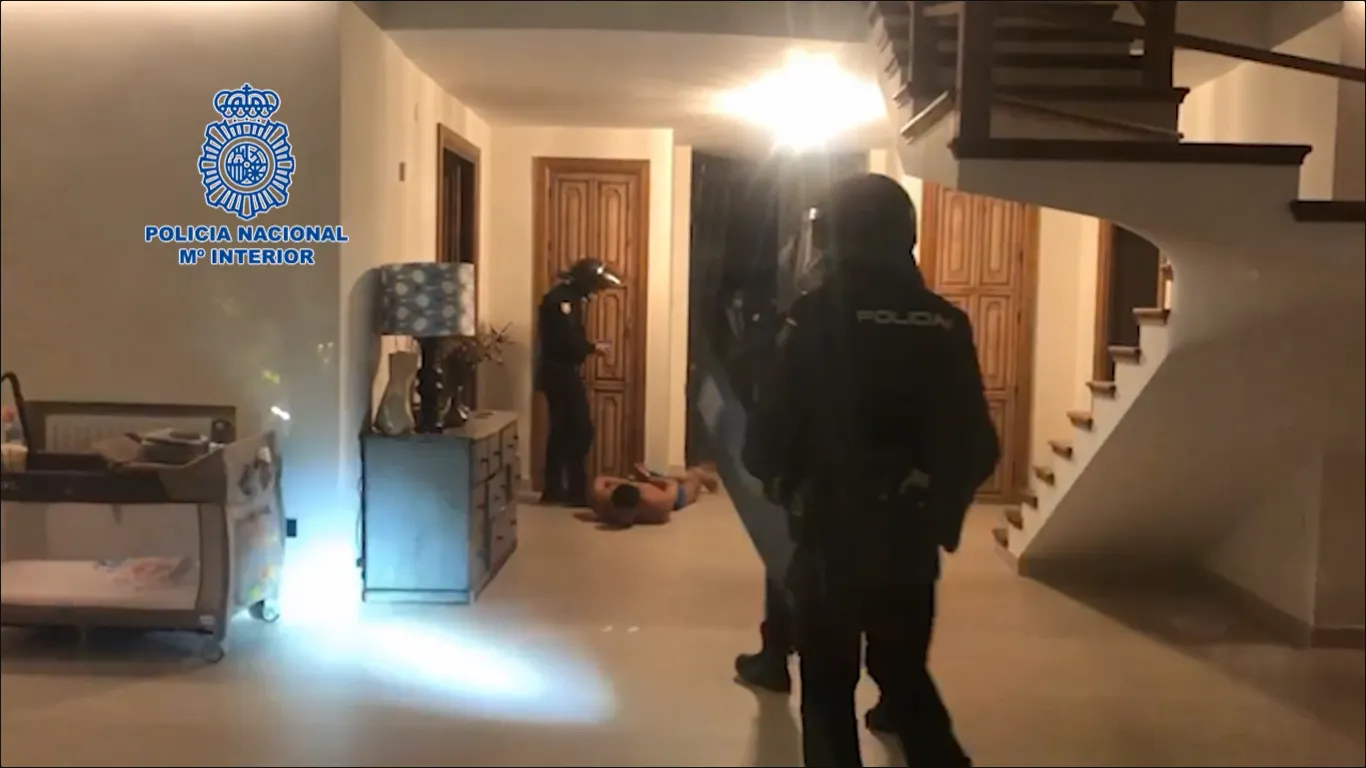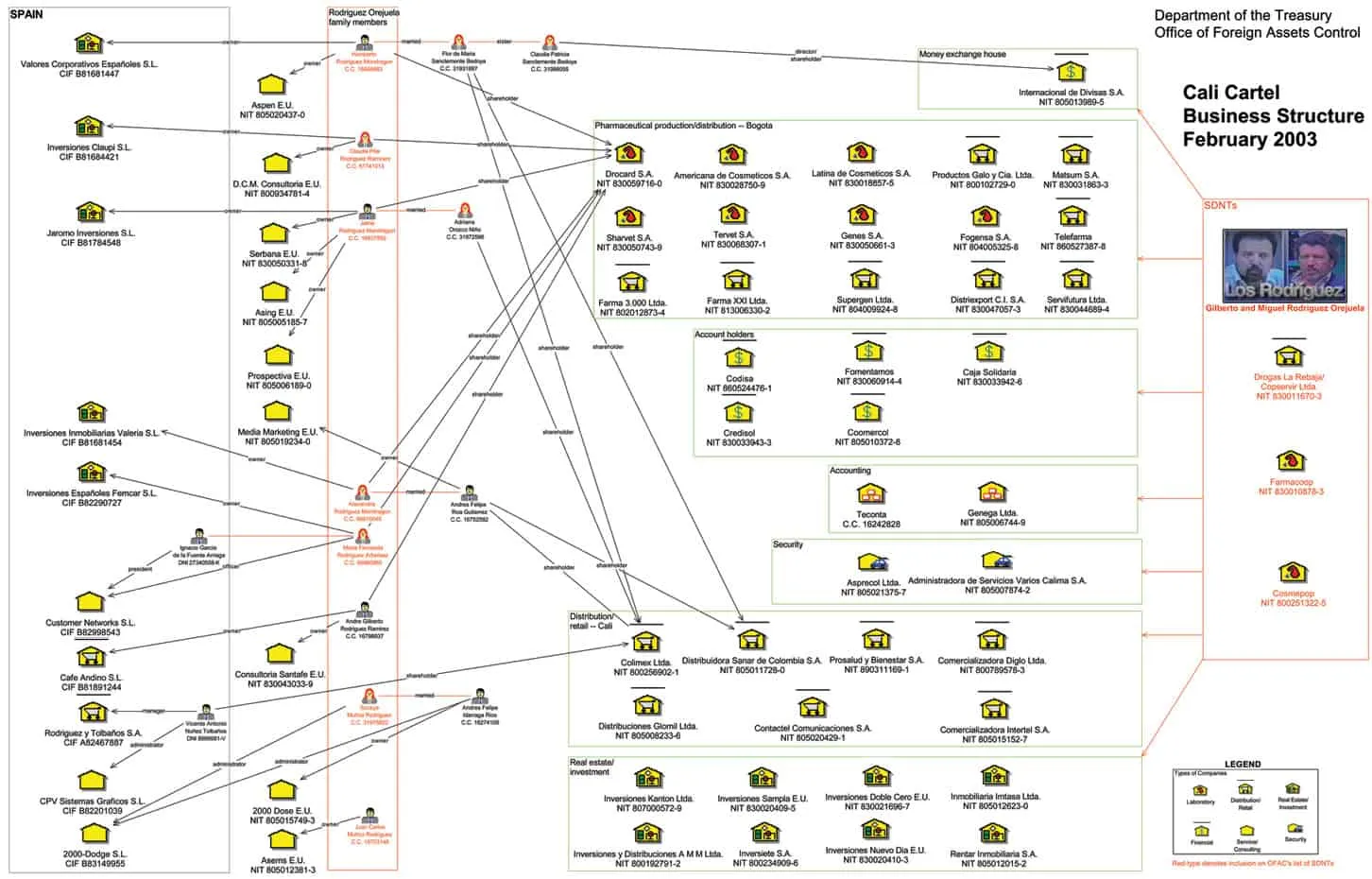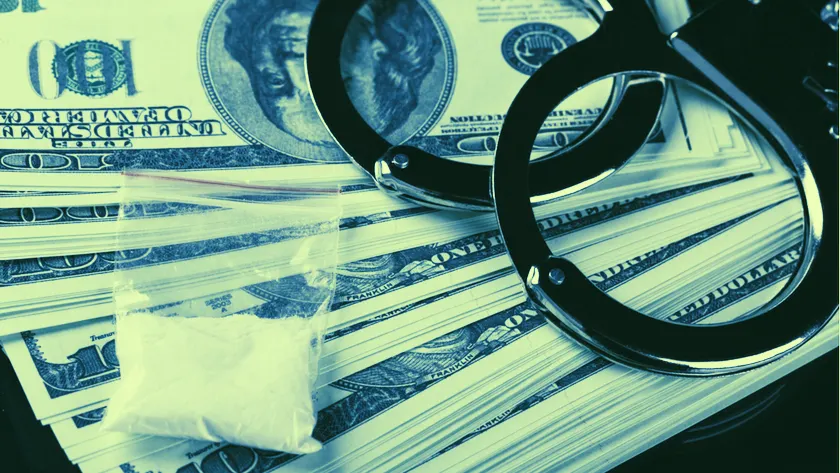- Spanish police arrested a man suspected of being a former member of Colombia's Cali Cartel.
- He's accused of using cryptocurrency to launder drug money.
- Police seized 85,000 euros and $170,000 worth of cryptocurrencies.
Spain's national police have arrested a suspected Colombian drug trafficker who was allegedly using cryptocurrency to facilitate his operations.
The Spanish police worked in partnership with Dutch law enforcement for at least two years on gathering all the intelligence necessary to capture the suspected criminal in Malaga.
Though Spanish police have yet to identify the man, they claim he was a member of the Colombian Cali Cartel, once the largest cocaine trafficking situation in the world (see: Season 3 of Netflix’s “Narcos”). As the cartel imploded following its leaders’ arrests and extraditions to the US, the unidentified man carved out a new life in Europe.
But, according to police, he didn’t give up drug trafficking, but instead moved from being a “direct intermediary” to a money launderer, setting up a cryptocurrency trading company as a front.
The nabbed suspect, described as a “prominent Dutch drug trafficker of Colombian origin,” allegedly helped launder more than 6 million euros’ worth of cryptocurrencies. While that’s a grain of sand compared to what the Cali Cartel laundered back in its 1990s heyday, it’s still a large figure for most people who aren’t facilitating the transfer of large drug shipments.

During this weekend’s raid, Spanish police seized 85,000 euros in cash, a bank account, three cars, three luxury watches, at least 15 credit cards, several laptops, and some cell phones that he allegedly used for illicit work. Agents also confiscated $170,000 in crypto, several crypto wallets, documents, and computers after breaking into his home in Delft, Netherlands.
The Cali Cartel is known in Colombia for its rivalry with the infamous Medellin Cartel commanded by Pablo Escobar—whose brother has since become known for promoting potential scams involving crypto, smartphones, and Elon Musk. At the time of Escobar’s death, the Cali Cartel was estimated to control over 80% of the world's cocaine market.
According to some estimates, in 1996, the Cali Cartel generated about $7 billion in annual revenue from the US alone. To launder its money, the Cali Cartel had a complex structure of more than 50 businesses. When the authorities captured its ringleaders in 2006, they agreed to pay a $2.1 billion forfeiture.

But considering the modus operandi of this mysterious character who is believed to have helped set up this complex criminal structure, perhaps Interpol is relieved that privacy coins like Monero didn’t come about until several decades after Cali Cartel peaked.

